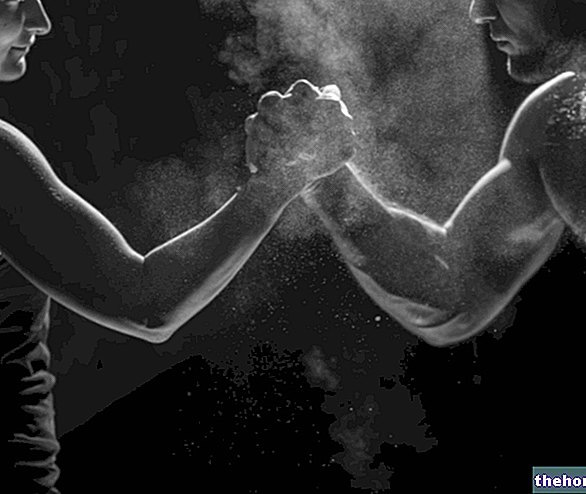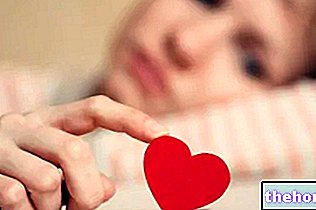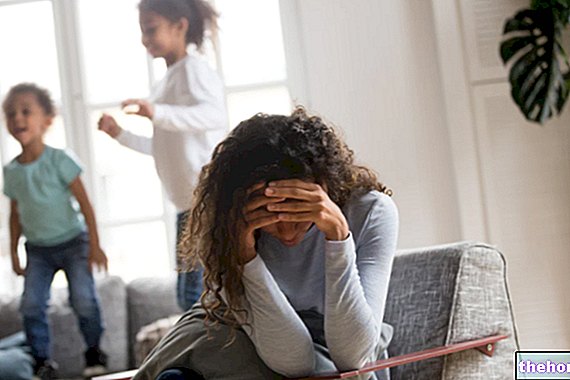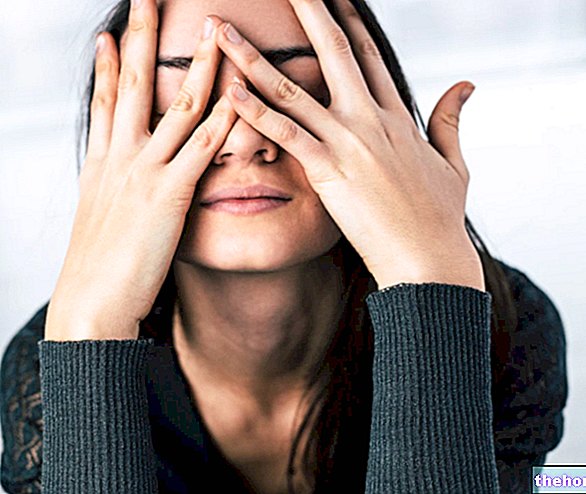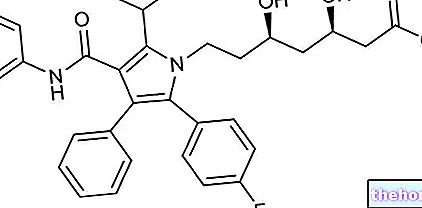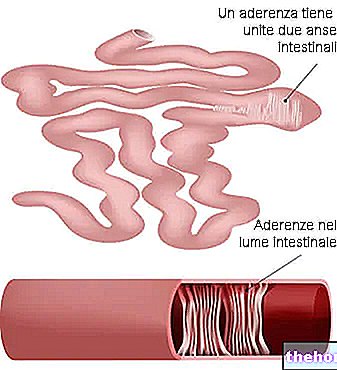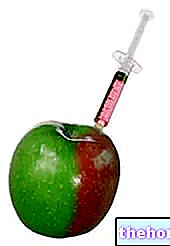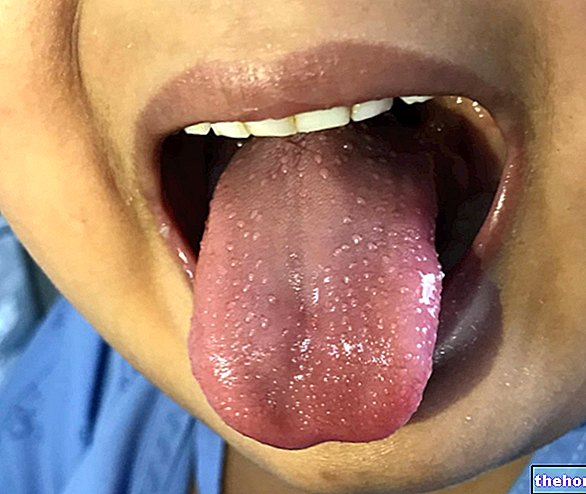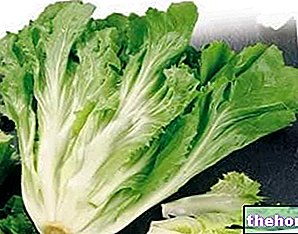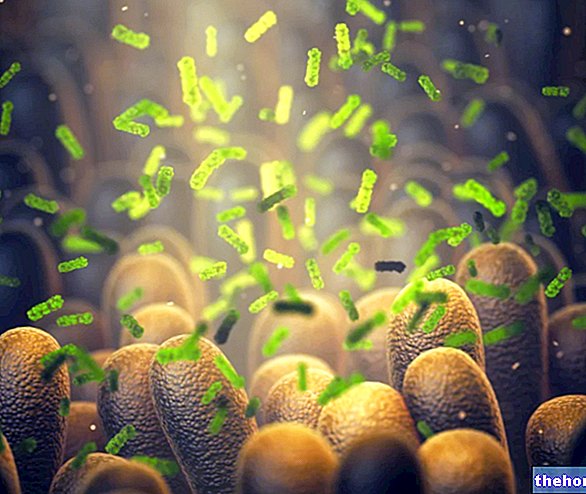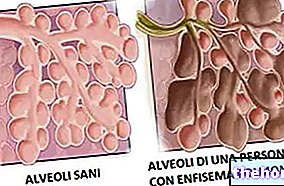Depressive Disorders - Unipolar Depression
Major depressive episode
According to the Diagnostic and Statistical Manual of Mental Disorders (DSM-IV-TR), in order to be able to diagnose a major depressive episode it is necessary that the symptoms last for at least two weeks and that they are at least 5 of a list of 9. In addition, compulsorily, must include at least one of the first 2. These symptoms are:
- depressed mood;
- loss of interest;
- weight loss or gain or reduction or increase in appetite;
- insomnia or hypersomnia (sleeping for many hours);
- agitation or slowing of psychic and motor skills;
- easy fatigue or lack of energy;
- feeling of self-depreciation or guilt;
- reduced ability to think or concentrate or indecision;
- recurring thoughts of death or suicide.
The major depressive episode is characterized by a persistently and severely depressed mood for most of the day, almost every day. The duration varies from 6 to 12 months, but can also exceed 2 years; in this case, we speak of chronicity .
Symptoms relating to mood
The lowering of the mood is characterized by sadness, moral pain, despair. It is not affected by external encouragement or attempts at consolation, and is often accompanied by the loss of interests and pleasures (anhedonia), with feelings of indifference, inadequacy, dryness and emptiness, sometimes with the feeling of loss and lack of feeling (affective depersonalization). The patient often has a tendency to cry, but the lowering of the mood can also be seen in the look, in the tone of the voice, in the brevity of the answers, in the facial expressions, in the gestures and in the movements (generally slowed down). He presents a reduction in the ability to concentrate and memory, psychic and motor alterations (slowing down but also, in some cases, agitation), insomnia or drowsiness, decrease or increase in appetite and / or weight. Anxiety and worry can also coexist. , especially when negative events occur. The feelings of sadness, at times, are not understood or are underestimated, not only by family and friends, even by the patient himself. For example, depressive feelings are not perceived but feelings of almost physical weight. , listlessness, tiredness and reduction of the initiative.
Another fundamental symptom is the reduction or loss of pleasure and interest in work, recreational activities and the attendance of friends and favorite pastimes, which are replaced by a feeling of indifference and detachment.
For further information: Major Depression Symptoms
Cognitive symptoms
The patient reports a decreased ability to think and concentrate, to make decisions and to memorize. The psycho-motor slowdown, the loss of interest and initiative, the difficulty in detaching oneself from the frequent painful ruminations on one's past with self-deprecating feelings and guilt (painful retrospection), can interfere with the execution of normal activities. Even simply preparing the shopping list, for example, may seem beyond one's strength to the housewife; the most basic activities, as well as leisure (reading the newspaper, for example, or watching television), can be impossible due to the lack of concentration, the loss of interest and the feeling of lack of the necessary energy. Even the experience of time is altered, with the sensation of its stopping, of an expanded and immutable present, a past marked by unrepairable errors or faults and a non-existent or hopeless future with the fall of all projects. basic confidence, self-esteem and the ability to feel hope, which provide meaning and value to existence, are seriously compromised. There is also an impoverishment of mental contents, and often the patient re-proposes the same painful themes several times, and tends to feel responsible for their ailments and their persistence despite treatments. May have economic worries, hypochondriacs and "incurability, thoughts of self-accusation and death." Two-thirds of patients have a desire to die and suicidal ideation. In the most serious cases, this is experienced as the only possible liberation from suffering, as an expiation of sins or in response to the belief that it is not possible to be helped.
Sometimes, the major depressive episode is manifested by delusions (disturbances in the form and content of thoughts) and hallucinations (disturbances in the perception of thoughts). Delusions can be:
- of guilt: the patient is convinced that he is responsible, with his own behavior, for any misfortunes that have occurred to family members, for sins never committed and often absurd, such as natural disasters or wars;
- of unworthiness: he does not feel worthy to be in the world;
- of ruin: he is convinced that he no longer has means of support for himself and his family;
- hypochondriacs and incurability: he is convinced that he has a serious or incurable disease, or that he cannot recover from the current depression;
- of bodily negation: the patient denies the existence of himself, of his own physical integrity, of the internal organs of his body, of the world and of time;
- of reference and persecution: he is convinced that he is on the verge of being arrested for alleged crimes or crimes committed.
Hallucinations can be auditory (for example voices that blame the patient or command him to commit suicide), gustatory or olfactory.
Psychic and motor symptoms
In the depressed person, a marked psychic and motor slowdown can be observed, with slow gait and difficulty in performing the movements, which are carried out with evident effort. The patient remains seated motionless for a long time, or in bed all day, neglecting nutrition , clothing and hygiene. The slowdown is also evident in the reduced production of ideas, which are all centered on themes of guilt and self-accusation, poverty and ruin, in the poverty of words that are stunted, slow, uttered in a low voice, in monotonous and poor language. contents, which can be reduced to monosyllables. The appearance also changes physiognomy, with a mimicry based on pain and suffering, in which the corners of the mouth are bent downwards, the forehead is wrinkled, the gaze is sad, dull and desolate. In some cases, on the contrary, they can anxiety and agitation prevail (in this case we speak of agitated depression): the patient is unable to sit still, is restless, suffering, irritable, can incessantly torment his hands, sometimes even causing skin lesions without realizing it o feel pain, cry or perform self-harming or suicidal gestures.
Somatic and vegetative symptoms
The decrease in appetite and weight are frequent, while the increase in appetite and in the intake of foods, especially carbohydrates (craving for carbohydrates) and the consequent weight gain. The patient reports feeling very tired and weak, having sleep disturbances (feeling that they have been restful or waking up early, multiple awakenings, difficulty falling asleep), decreased sexual desire with difficulty in erection for the man or frigidity in the woman, constipation, chest tightness and heart that "beats strongly in the chest".
Other articles on "Major Depression - Symptoms"
- Symptoms Depression
- Major depressive episode symptoms
- Dysthymic disorder
- Mania and manic episode
- Bipolar disorder
- Depression - Drugs to Treat Depression
- Antidepressants, drugs for depression
- Antidepressants
- Depression and hypericum


